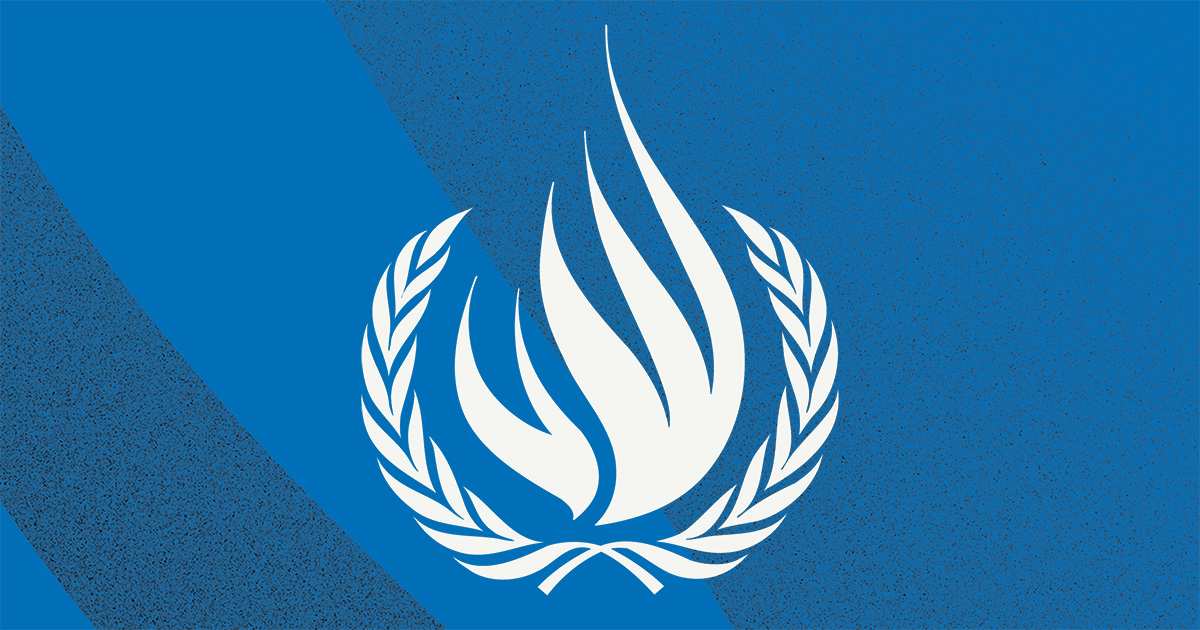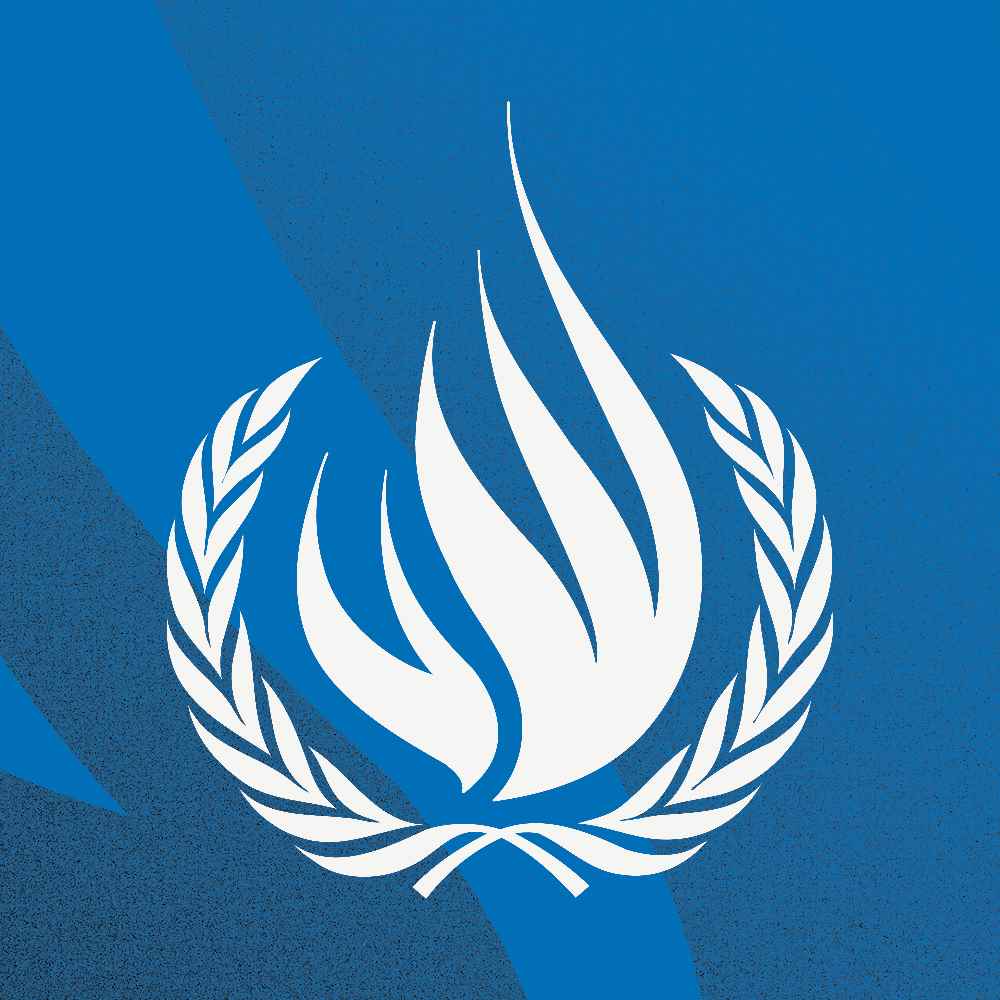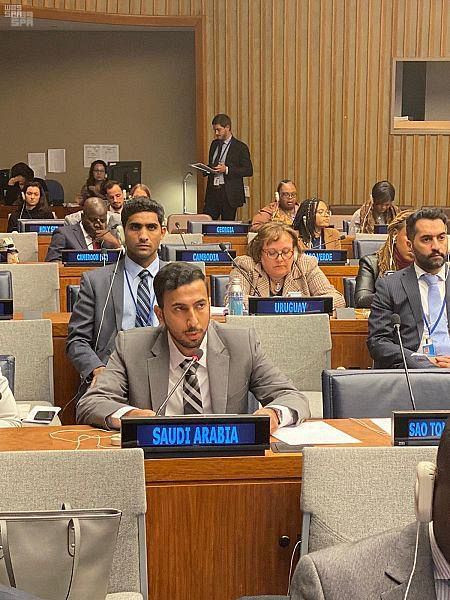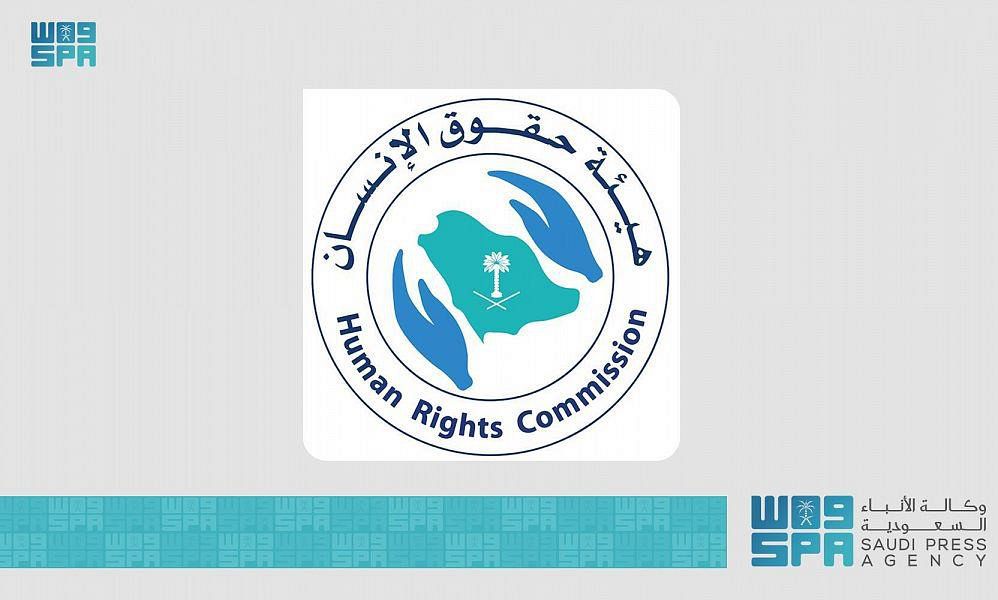
Geneva, March 2, 2019, SPA -- The Kingdom of Saudi Arabia affirmed that it takes into account in all its procedures, regulations and applications all national and international standards relating to human rights.
The Saudi Ambassador to the United Nations in Geneva, Dr. Abdulaziz Al-Wasel said in the Kingdom's speech before the Human Rights Council during an interactive dialogue with the UN Human Rights Rapporteur that the KSA's efforts in fighting against terrorism are not only based on security measures, but are an integrated system of procedures which take into account the legal aspects and others necessary to deal with accused persons in cases of terrorism, providing care and protection to victims and families of these accused and sentenced persons in addition to assisting them and countering deviant ideas along with addressing potential aspects of financing terrorism, with particular attention to the human rights.
He added that KSA's invitation to the UN Rapporteur to visit it reflects its keenness to cooperate with international human rights mechanisms.
On the Basic Law of Governance in KSA, Ambassador Al-Wasel said it includes principles and provisions, for example : what is stipulated in Article 8 that the Governance in the Kingdom of Saudi Arabia shall be based on justice, shura (consultation), and equality in accordance with the Islamic Shari'ah and explicitly states that the Government shall protect human rights according to Artical 26, as well as the individualization of a number of human rights in special provisions such as the right to education, health, work, the right to social security, the right of the person to security of his self and sanctity of his home as well as the freedom of his correspondence and other rights.
Regarding the Special Rapporteur's observation that the KAS often interests with Islamic law, its culture and the Islamic character of the State, while they are as obstacles to fully implement the international human rights standards, Al-Wasel stressed that there is no contradiction between the provisions of Islamic Shari'a (law) and its applications in the KSA and international human rights standards.
Al-Wasel explained that the KSA has reviewed the definition of terrorist crime in the new law (Combating Terrorism Crimes and their Financing Law) issued on November 1, 2017, and stresses that its definition is clear and specific to the extent that prevents the negative impact on the rights and freedoms of individuals guaranteed by the laws of the KSA, as the definition aims to set a legal framework that defines the terrorist crime in terms of description and conduct, aiming at combating all forms of terrorism, noting that there is no universally approved definition of terrorist crime.
The provisions of the law are in conformity with the international and regional conventions and treaties which KSA is one of its parties, and Human Rights Council resolution No 28/17 of March 26, 2015, which affirmed that State responsibility in the first place is to protect its citizens from terrorism, urging the States to take measures to investigate on incitement, preparing, encouragement or committing acts of terrorism, as appropriate, and to prosecute those involved such acts and to convict and punish them in accordance with criminal laws and procedures.
Al-Wasel said that the KSA is based on Islamic Shari'a of all its laws which stipulated the protection of human rights, and that the ruling is based on the principles of justice and equality as stated in Article 8 of the Basic Law Governance, and that their laws guarantee freedom of opinion and expression, including publication regulations and national institutions regulation as the legitimate peaceful practices were not criminalized.
The KSA affirmed that its regulations criminalize all forms of torture and ill-treatment, as affirmed in article 2 of the Criminal Procedure law, prohibiting abusing the detainees physically or morally, and prohibiting get him or her subjected to torture or dignity degrading treatment and the Article 36 of the same law says that the detainee must be treated in a manner that preserves his dignity, and cannot be harmed physically or morally, and must inform him the reasons behind detaining, and give detainee the right to contact who he wants to inform him.
Article 102 of the Law requires that the accused can be interrogated in case of no effect on his will to express his opinion, and that it is not permissible to get him sworn or use coercive means against him .
In addition, the work of the criminal investigation officers in relation to their criminal control duties is subject to the supervision of the members of the Public Prosecution as stipulated in Article 25 of the Criminal Procedure law.
All prisons and detention centers are also subject to Judicial, administrative, health and social inspection in accordance with article 5 of the prison and detention law.
The Public Prosecution takes over under Article 3 of its law monitoring and inspecting prisons and detention centers, hearing complaints of prisoners and detainees, to verify the legality of their imprisonment or detention, and the legality of their stay in prison or detention centers after the end of the term of their imprisonment or scheduled detention, as well as taking the necessary measures to release those who imprisoned or detained without a legitimate reason, then implementing the provisions of the regulations against the perpetrators.
The Human Rights Commission, as stipulated in paragraphs 6 and 7 of Article 5, visits prisons and detention centers at any time without permission from the competent authority. It also reports on these visits to the King, in addition to receiving of complaints relating to human rights and verifying their validity and taking legal action thereon.
The KSA affirmed that the death penalty is issued only in the most serious crimes, after collecting of conclusive evidence of the crime rate of its perpetrator in addition to a fair trial and a multi-stage judicial review as the case is heard by 3 judges in the criminal courts, 5 Judges in the Court of Appeal and then 5 judges in the Supreme Court, and it is reassured that at every stage that all detainees and prisoners are subject to medical examination immediately after they are brought into detention or imprisonment as the medical examinations are conducted periodically, and all prisons and detention centers in the Kingdom are subject to judicial, administrative, health and social inspection, in accordance with article 5 of the prison and detention law.
--SPA
12:12 LOCAL TIME 09:12 GMT
0003
www.spa.gov.sa/w846354











